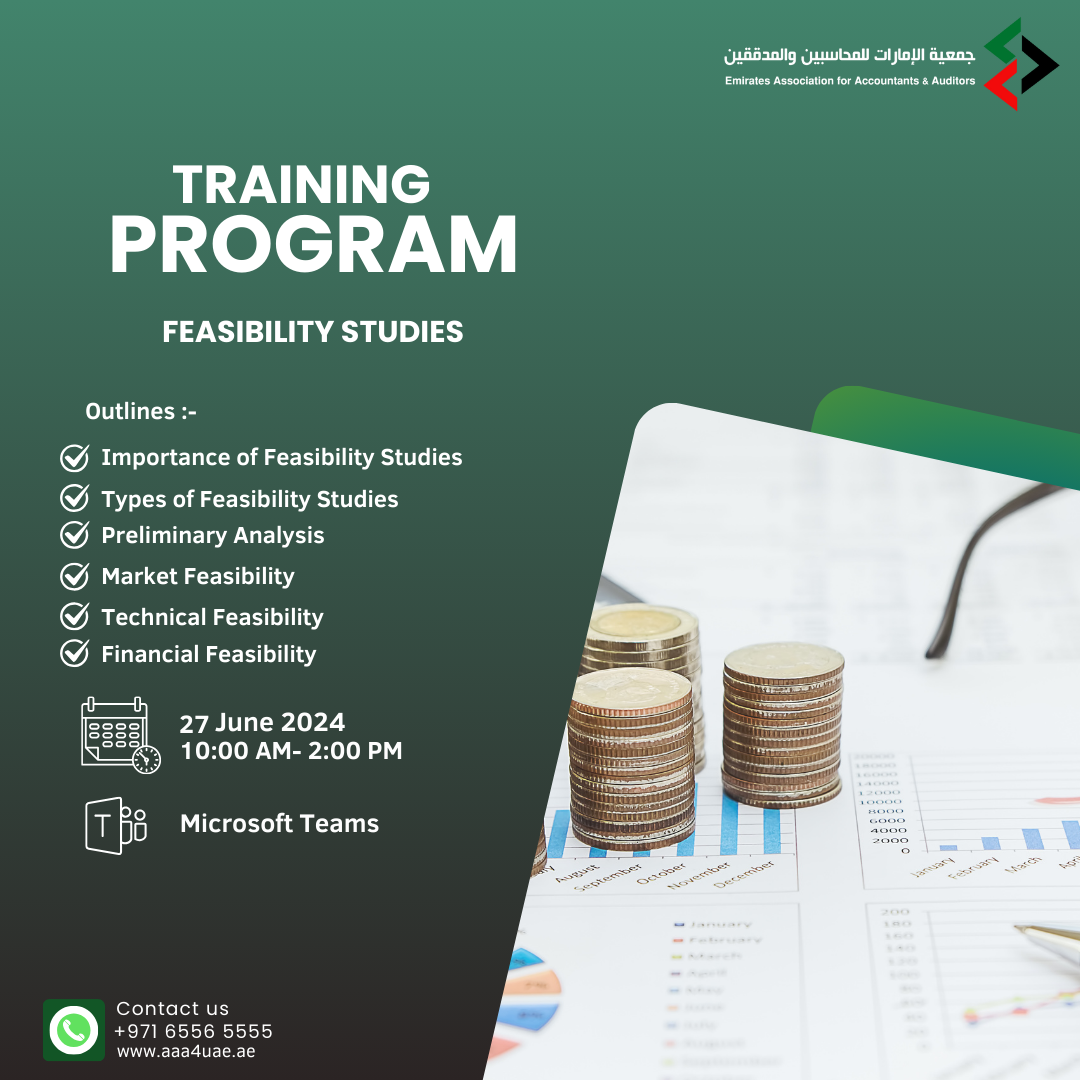Feasibility Study
4 Hours, 27 Jun 2024, 10:00 AM-2:00 PM
Feasibility Studies
Introduction:
In the rapidly evolving landscape of business and project management,
the ability to assess the viability of new ideas and initiatives is crucial. A
Feasibility Study Course is designed to equip students with the essential tools
and methodologies to evaluate the practicality and potential success of
projects before significant resources are committed. This course integrates key
concepts from finance, market research, operational analysis, and strategic
planning, providing a comprehensive framework for determining the likelihood of
project success.
Importance of Feasibility Studies
Participants will learn to systematically investigate the technical,
economic, legal, and scheduling aspects of proposed projects. Through a blend
of theoretical instruction and practical application, students will gain
expertise in conducting rigorous feasibility analyses, identifying potential
obstacles, and developing actionable recommendations. Whether you are an
aspiring entrepreneur, a project manager, or a business consultant, mastering
the art of feasibility studies will enhance your decision-making capabilities
and increase your project's chances of success. This course is designed not
only to build competence in feasibility analysis but also to foster critical
thinking and strategic planning skills essential in today’s competitive
environment.
Course Objectives
By the end of this course, participants will be able to:
1.
Understand the importance of a feasibility study.
2.
Identify different types of feasibility studies.
3.
Conduct a feasibility study through structured steps.
4.
Analyze the results to make informed decisions.
Course Contents:
1.
What is a Feasibility Study?
Definition and purpose
Key components
2.
Importance of Feasibility Studies
3.
Types of Feasibility Studies:
a) Technical
feasibility
b) Economic
feasibility
c) Legal
feasibility
d) Operational
feasibility
4.
Preliminary Analysis
a) Market
research
b) Preliminary
financial assessment
c) SWOT
analysis










